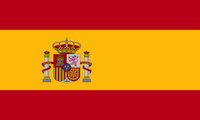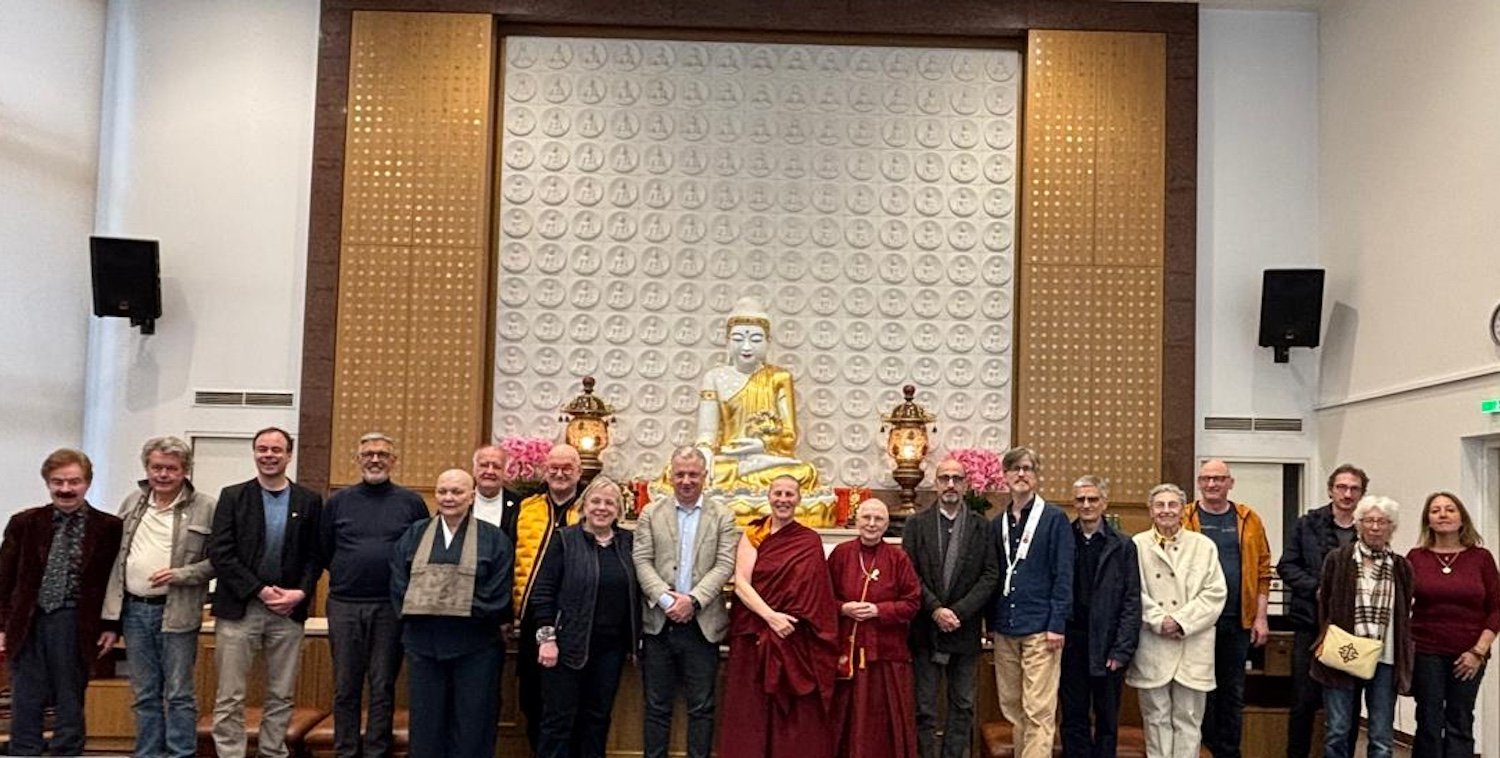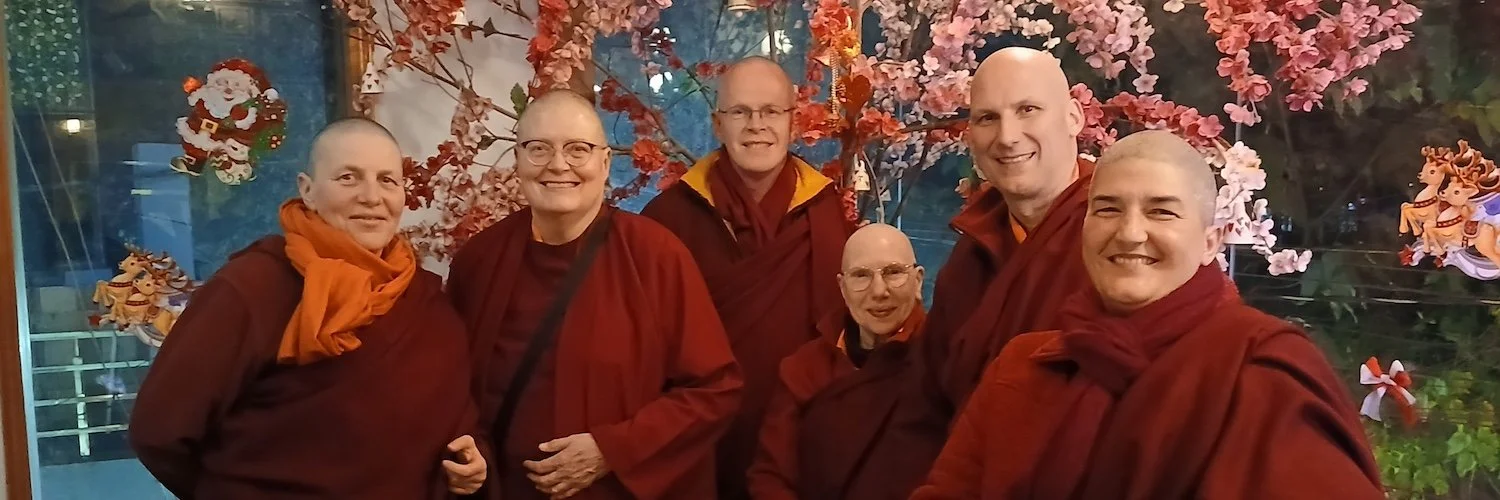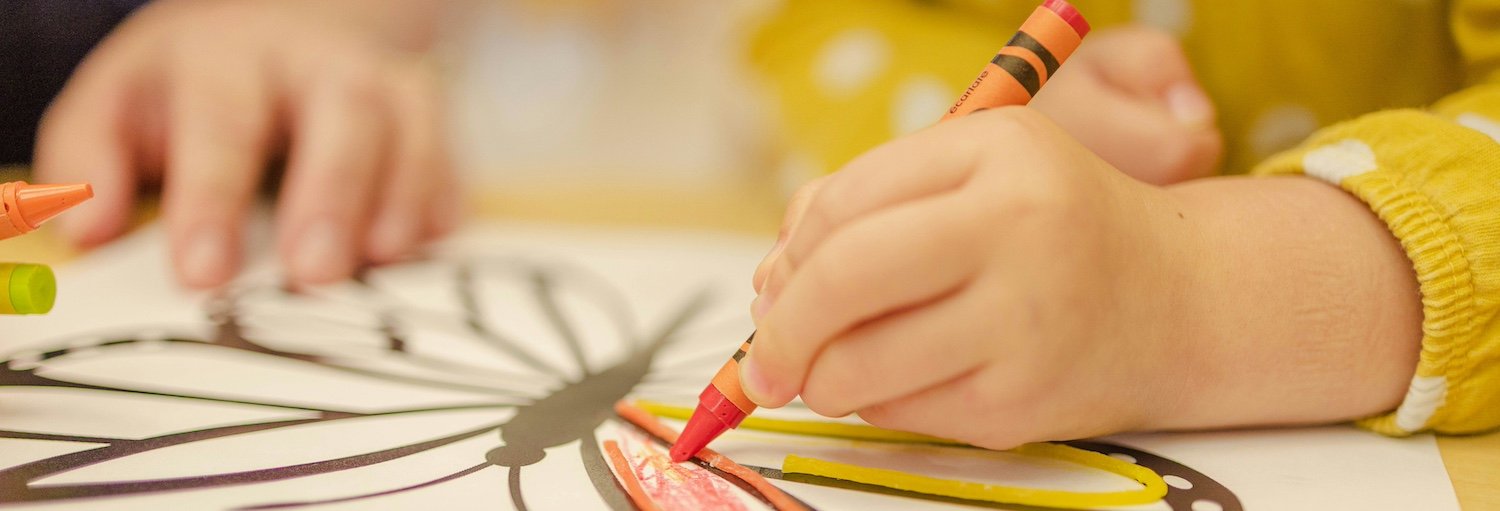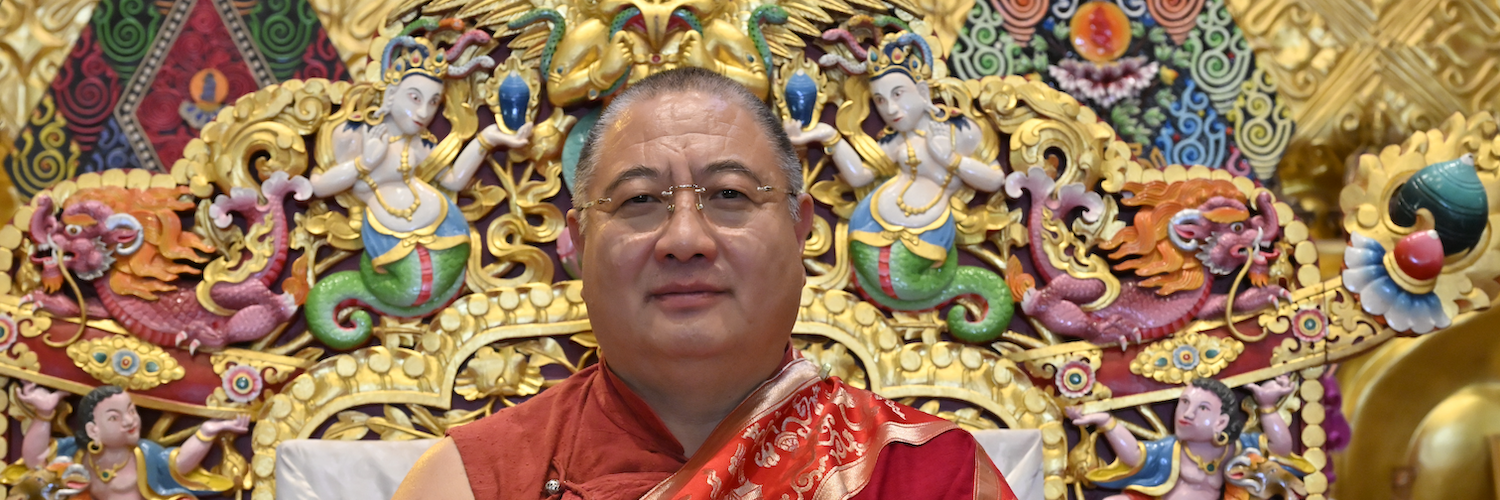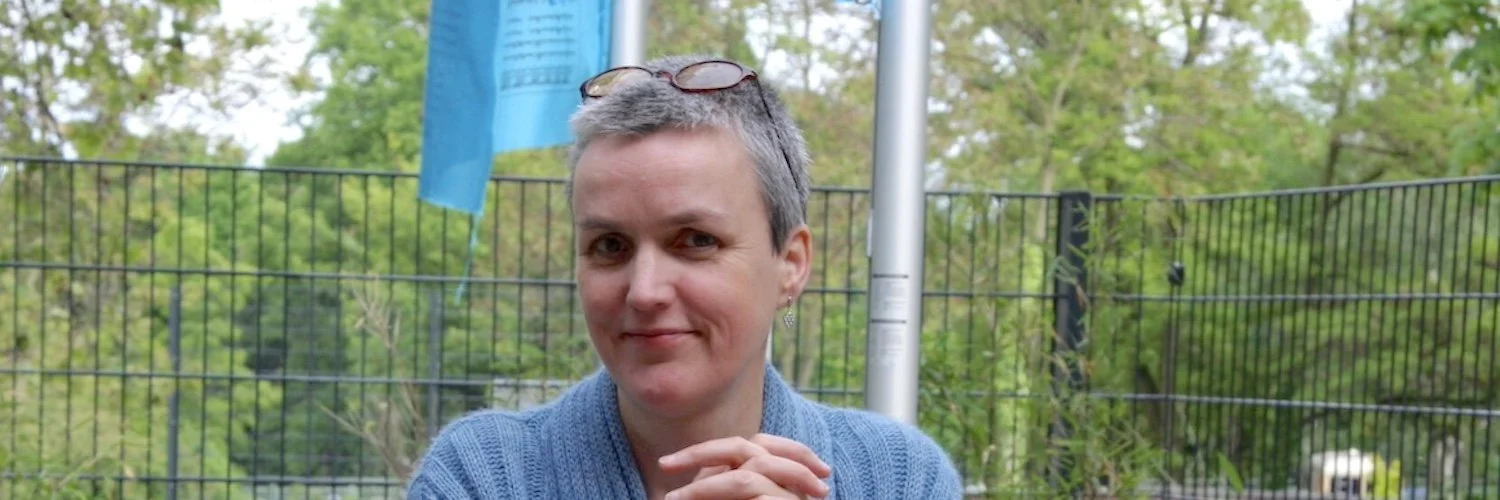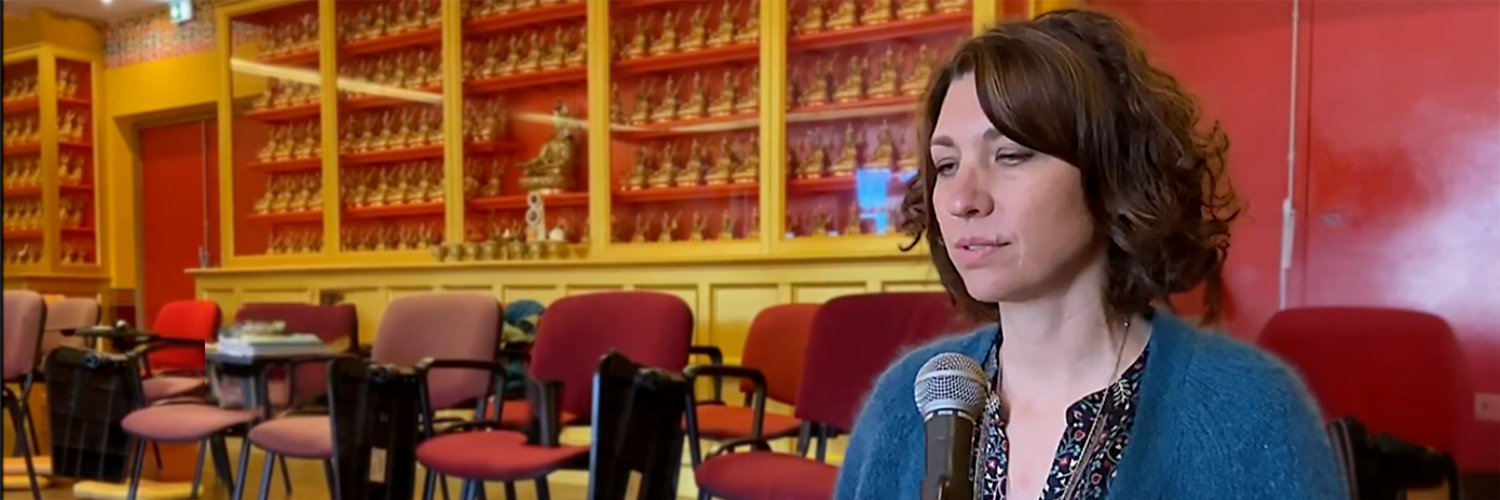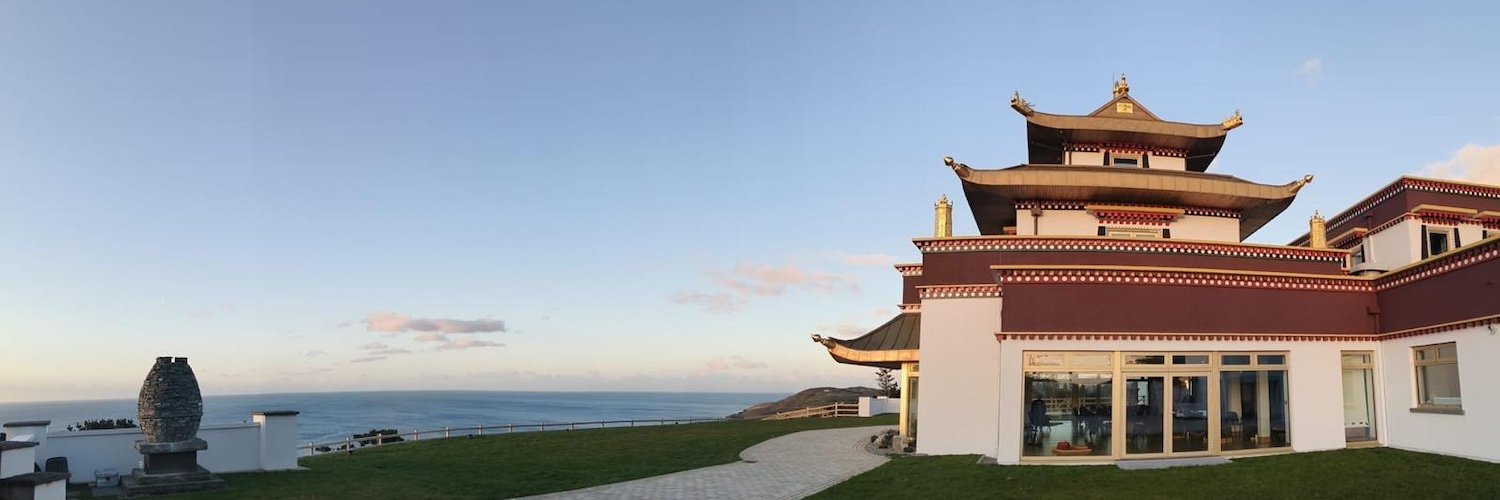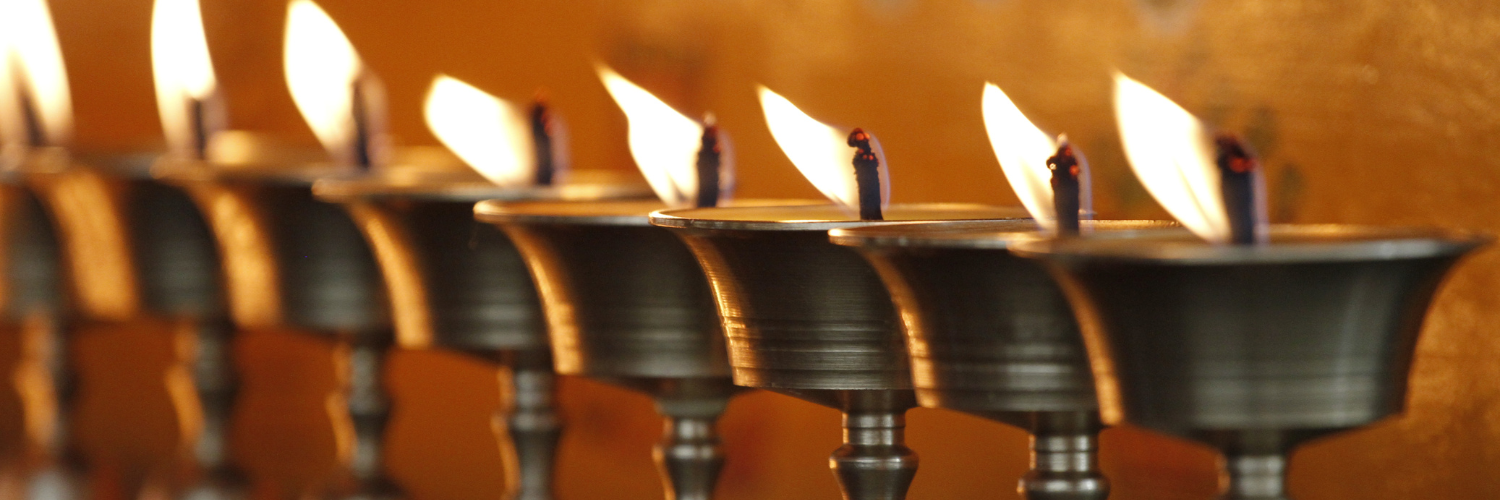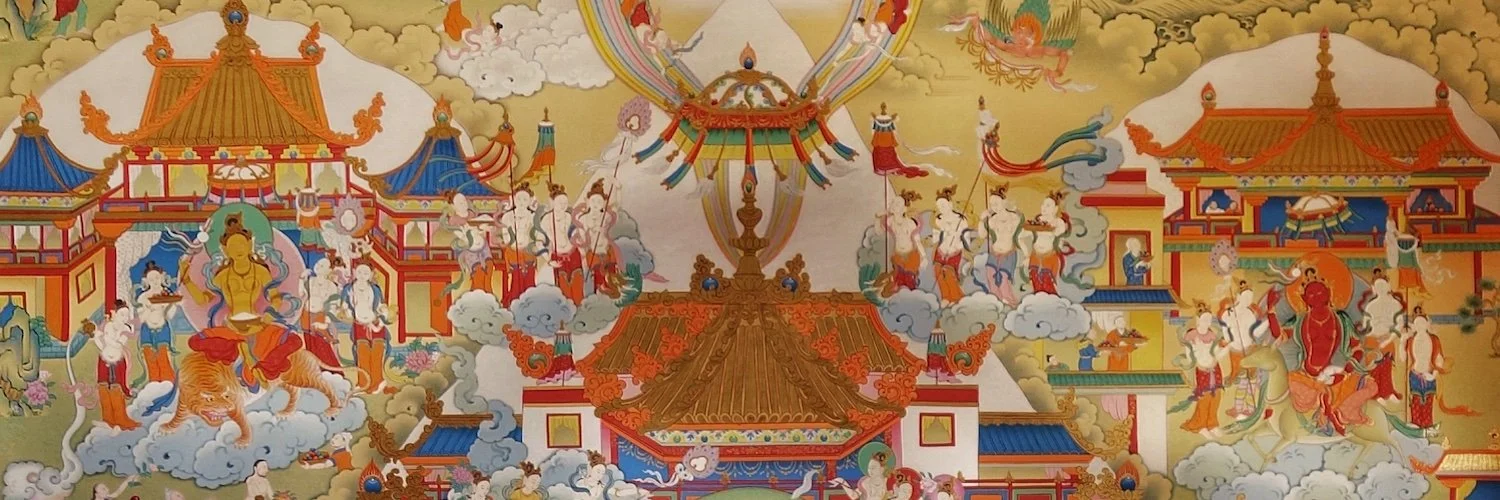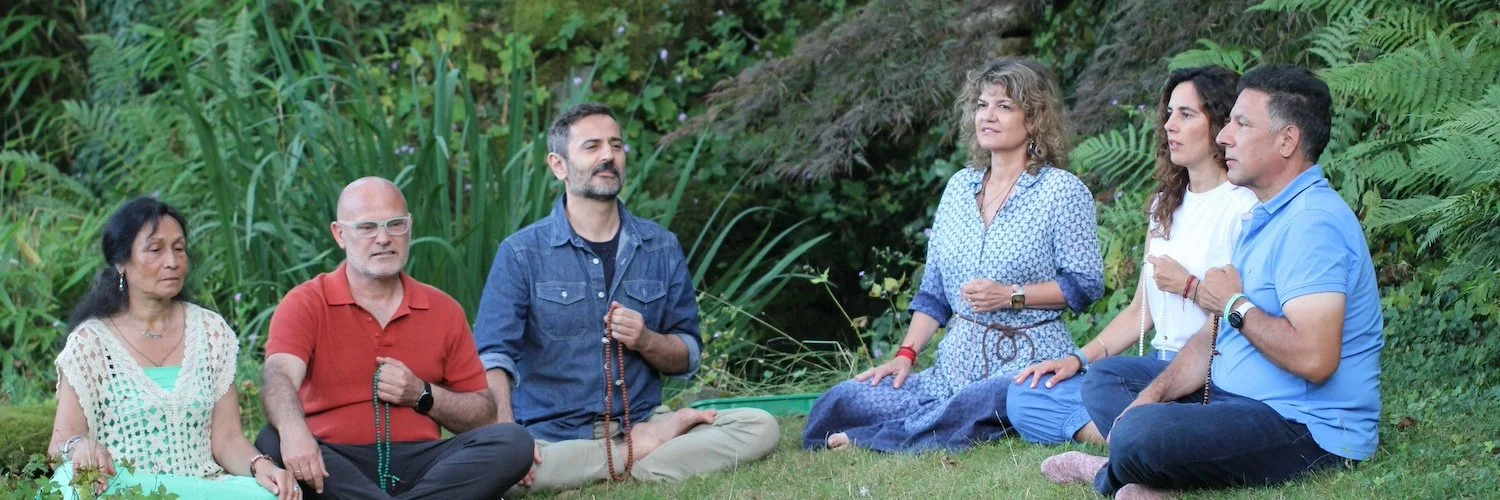Reflections on the future of European Buddhism: 2025 European Buddhist Union Gathering
Ane Sonam Palmo
Reflections on the future of European Buddhism: Rigpa joins the 2025 European Buddhist Union Gathering
Last April as it celebrated its 50th anniversary, the European Buddhist Union held its annual gathering in Vienna. Over four days representatives of the national Buddhist unions met for the Annual General Meeting (AGM) and a public conference. The event was co-organised by the Austrian and Italian Buddhist Unions and was held in the Fo Guang Shan* Temple in Vienna.
David Rycroft attended on behalf of Rigpa and Ane Sonam attended on behalf of the French Buddhist Union where she represents Lerab Ling.
On the first day of the gathering, the national buddhist unions’ presidents met to come to know each other: representatives of the Italian, Austrian, German, English, Spanish, Belgian, Danish, Norwegian, Polish and French Buddhist Unions attended, representing a number of different Buddhist traditions (Japanese, Tibetan, Zen and others).
Delegates at the European Buddhist Conference, 2025
This was followed by a public conference on the topic: “Buddhism 2075—Shaping the Identity of European Buddhism”. The goal of this conference was to reflect on the future of European Buddhism—how can we stay true to our traditions while not being closed to change. The conference explored how Buddhism might evolve in this era of profound social, technological, and environmental changes.
Over three sessions, speakers presented the topics:
How can European Buddhism embrace modern world views?
How can European Buddhism be "Engaged"?
Is a European Sangha Possible?
How can European Buddhism embrace modern worldviews?
This discussion was on whether and how Buddhism should engage with modern cultural paradigms shaped by secularism, scientific thinking, and technology. One of the delegates spoke from her experience as a youth sharing some key points including:
European Buddhism is establishing a spiritual tradition in a new cultural setting (secularism, liberal democracy.....). How can we embrace the modern world view? The main question is: What do we have to protect? From her point of view, religions give meaning to life and young people are bombarded by very easy pop spirituality: Buddhism is more than mindfulness! Buddhism offers a path for inner transformation, empowering young people. She shared her experience of how taking refuge can lessen attachment and how Buddhism introduces you to the deeper mystery of our being / body-mind / inner experience, suggesting a ‘media fast’ for young people could help them reimmerse themselves in sensory experience.
How can European Buddhism be "Engaged"?
What is the role of European Buddhists in addressing social issues such as equality, the climate crisis, and bioethics, exploring whether and how activism can align with spiritual integrity?
The organisers shared how the EBU is part of the dialogue with the European Union institutions which promotes a regular structured dialogue between EU institutions and representatives of churches, and religious, non-confessional and philosophical organisations.
The youth delegate expressed that Buddhism can offer a perspective of the middle way, promoting non-violence in the political world, also stressing the importance of sharing with the world the need for internal spiritual transformation.
Is a European Sangha Possible?
This session discussed the possibility of building a cohesive Buddhist community in Europe, reflecting on the role of community for both monastics and lay practitioners.
The youth delegate expressed the need to rethink European sangha beyond cultural differences, noting that Buddhist ethnic natives are not seen in most of the European Buddhist organisations.
Another speaker felt that the main point is that we need companions on the path. Meditation is intended to destabilise our sense of self, which requires practicing with others. We value both the shared values we hold as well as the differences between each tradition as this contributes to the diversity of the sangha.
European Buddhist Union (EBU) Annual General Meeting
Following the public conference, the EBU held its Annual General Meeting (AGM). This was a key moment for the EBU, bringing together members to reflect on the present and shape the future of Buddhism in Europe.
Three new members were welcomed as members of the Union:
Dhammakaya - a Thai Buddhist tradition
Rangjung Yeshe Gomde, Austria - Chokyi Nyingma Rinpoche's main European centre, and
Dzokden Kalapa - from the Jonang Tibetan Buddhist tradition.
A vast range of topics were presented in the AGM reflecting the broad reaching activities the EBU is leading and participating in, including:
The European Institutions (Strasbourg) - Council of Europe - Committee for the Interreligious and interconvictional dialogue
A report from EBU European Union Liaison Office in Brussels, where the EBU is now recognized as a partner.
EcoDharma (read more) https://europeanbuddhistunion.org/ecodharma
EBU Chaplaincy network and course read more https://europeanbuddhistunion.org/chaplaincy-network
‘Teach Peace’ programme which supports, trains and mentors teachers as they establish a peace project in their school.
We look forward to another fruitful dialogue and exchange in next year’s EBU Conference.
*Fo Guang Shan is one of the main Mahayana organizations in Taiwan with branches all over the world.



